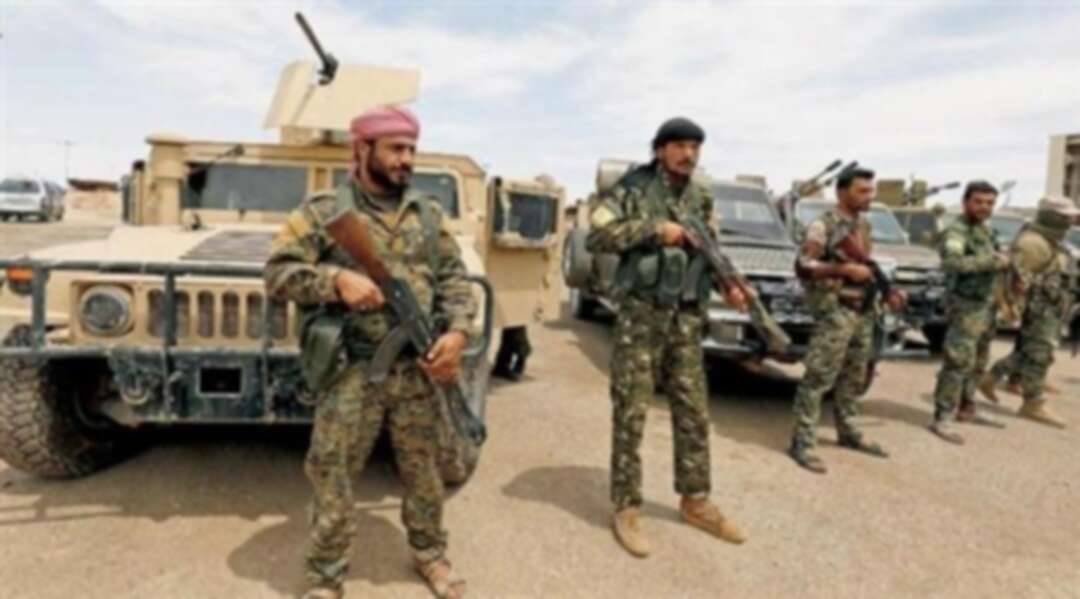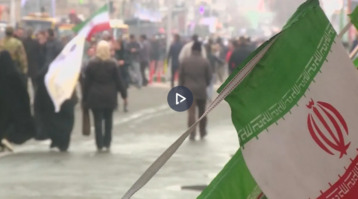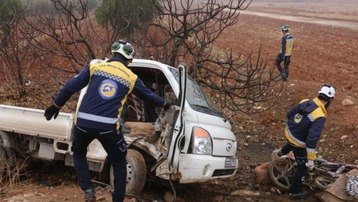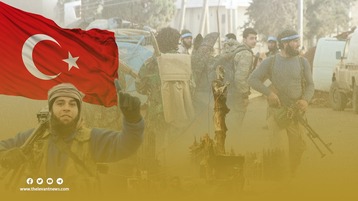-
Human rights lawyers attempt to bring Syria war crimes cases to ICC
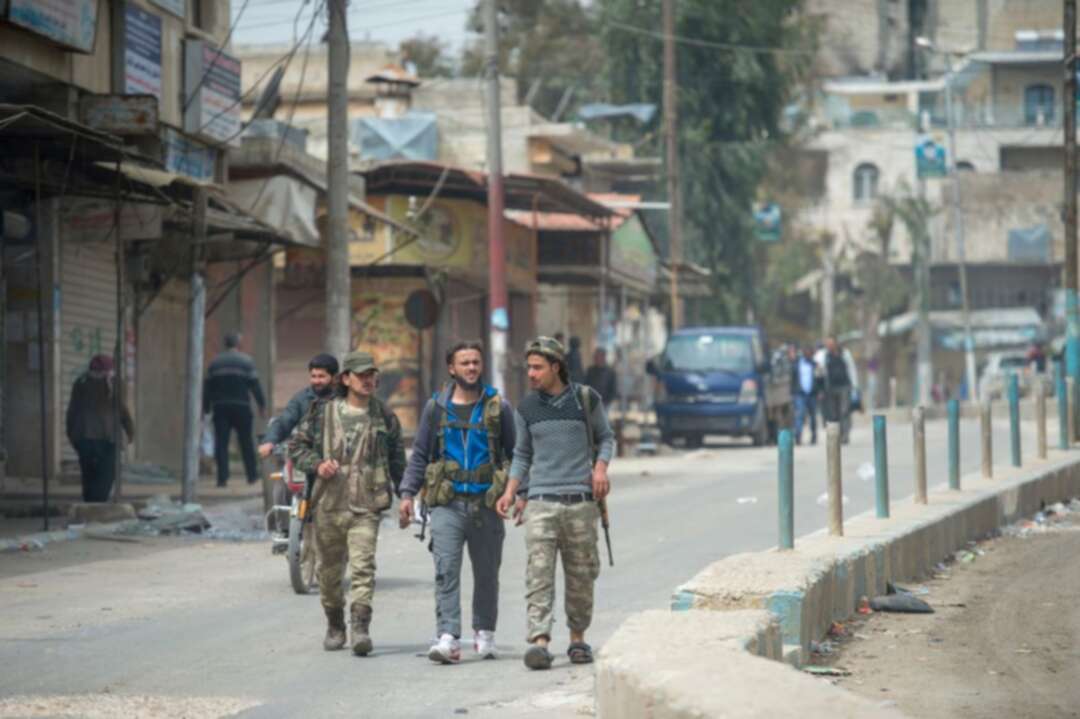
The Guardian reported, a groundbreaking attempt to make Iranian and Syrian military officials answerable for war crimes they may have committed in Syria is being launched, as part of an effort to have the cases brought before the international criminal court.
It said that the request includes evidence of Syrian victims forced to flee into Jordan due to attacks and intimidation by the Syrian government and Iran-backed militia groups. It is being brought by the US-based Iran Human Rights Documentation Center in conjunction with Haydee Dijkstal, a UK barrister.
According to the report, the victims, including Syrian journalists, were targeted between 2011 and 2018 for their professional journalistic activities and for their actual and perceived opposition activities. They come from predominantly Sunni towns and cities in Syria that the Alawite Assad regime and Shia Islamic Republic of Iran, which backed numerous militia groups in Syria, perceived as opposed.
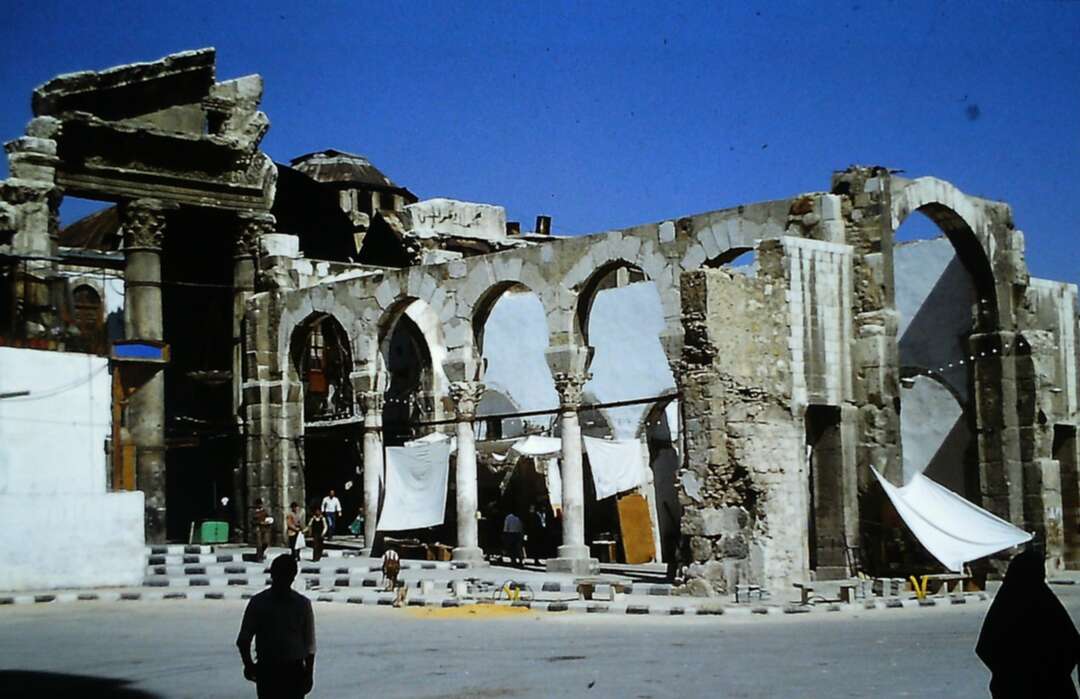
The Guardian mentioned that this marks the first time Iranian officials have been targeted in this way for their activity in Syria, and is part of a growing effort to make Syrian army officers and others legally accountable for their actions either at the ICC or in national European courts, including in Germany and France. Progress on the issue at the UN is largely impossible owing to the threat of a Russian veto.
UN envoy to Syria expects constitutional talks to resume
Gissou Nia, a lawyer on the legal team making the request, said: “Up until now, little public attention has been paid to the legal responsibility of the Islamic Republic of Iran in the decade-long Syrian conflict, despite the significant intervention of Iranian officials in Syria and perpetration of atrocities.
“The Islamic Republic of Iran has provided a vast range of military and non-military support to achieve its objectives, chiefly to prevent the fall of disgraced Syrian president Bashar al-Assad at any cost. Unfortunately, that goal has been fought at the cost of hundreds of thousands of killed, injured and displaced Syrian civilians.”
The Guardian said that Syria is not a party to the ICC’s Rome Statute, but it is argued the ICC has jurisdiction because the victims fled into Jordan, which is a state party.
Israeli shelling strickes town south of Damascus
It added that evidence has been provided anonymously because of fears of reprisals but the identities of those making complaints will be known to the ICC, which now has to make a preliminary decision prior to launching an investigation. There is no deadline by which the ICC must decide.
The Syrian civilians, the claim suggests, felt forced to flee in the face of indiscriminate bombardments and shootings, extrajudicial killings, arbitrary arrest and detention, beatings and other abuses, search operations and violent repression of the right to free expression including civilian reporters and activists. It says Iran-backed militias, including Lebanese Hezbollah, the Liwa Fatemiyoun (an Afghan Shia militia led by Iran’s Islamic Revolutionary Guard Corps) and Liwa Abu Fadl Al-Abbas attacked their towns and cities alongside armed forces of the Syrian government.
Russia deploys hypersonic-armed fighter jets to Syria for naval drills
The evidence being submitted on Wednesday to the ICC documents how the Syrians were forced to leave their homes and their families, and have been unable to return to their country.
Article 7(1)(d) of the Rome Statute grants the court jurisdiction over the crime against humanity of “deportation or forcible transfer of population”, meaning the “forced displacement of the persons concerned by expulsion or other coercive acts from the area in which they are lawfully present, without grounds permitted under international law”.
Damascus and As Suwayda holding indirect negotiations after suspending protests
In a previous case in 2018, the ICC found it had jurisdiction over the Rohingya people when they were forced to flee into Bangladesh refugee camps from Myanmar. Bangladesh, unlike Myanmar, is a party to the ICC.
Source: theguardian
You May Also Like
Popular Posts
Caricature
Syrians' concerns now
- December 10, 2024
Syrians' concerns now #Syria
#Bashar_al-Assad
#Liberation_of_Syria
#Syrians
#Future_of_Syria
#Levant_News

opinion
Report
ads
Newsletter
Subscribe to our mailing list to get the new updates!


